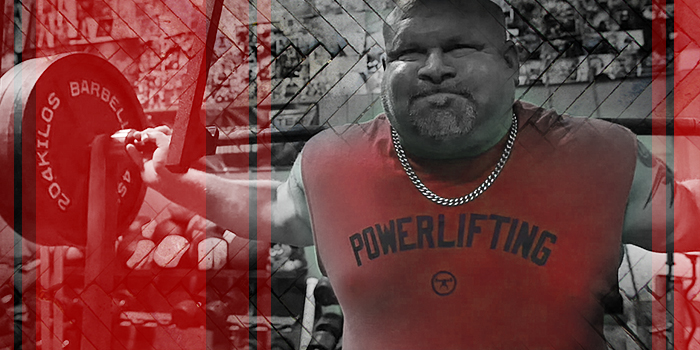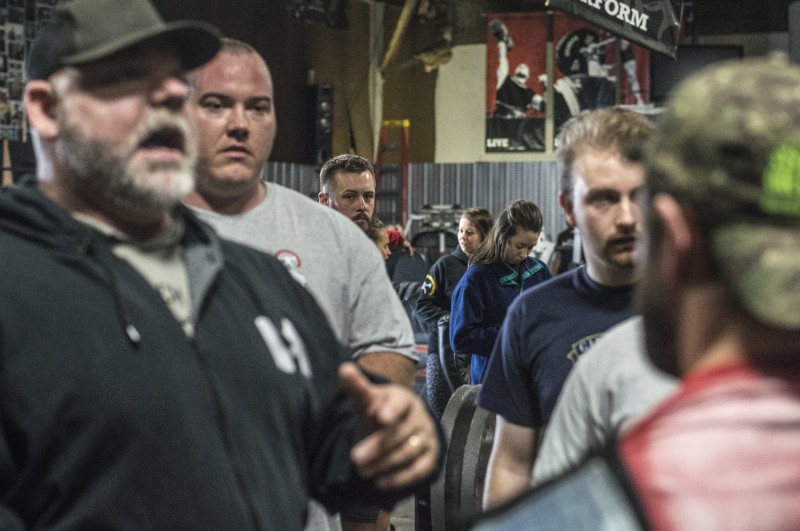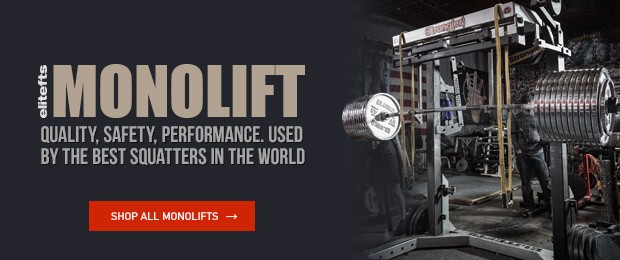
I have always been the person who asks why. As a kid, I would get into trouble often because my parents would tell me to do something and I would ask why. I wanted to know the reason behind the effort.
As an adult, I am still the same way. Why do something if you don’t fully understand why you are doing it? If you don’t understand the reason behind doing something, how will you know if you are getting the proper results out of your efforts? As an example, if I am told to do triceps extensions, I want to know why. I want to know how to do them correctly. I want to know what I should feel and how to know if I am doing them right. The better I understand, the greater the potential for a successful outcome when executing a task.
RECENT: The Road to Westside Barbell
All too often I see lifters looking for someone to give them the perfect program that will take them to the next level. Anyone can write a program for a lifter to follow, but is the program right for you? Meant for you? Designed for you? Magazines are filled with cookie-cutter sample programs from top athletes that are not designed for any individual lifter. At best, they are just a sample of a workout the athletes has followed. But if you are to try to use their program, do you understand why they are doing the sets, reps, and/or exercises they are doing? Are their weaknesses the same as yours? Are their goals the same as yours? Is their body structure the same as yours? Are there limitations that the top athlete had to contend with? Are there limitations that limit you?
A lifter needs to think about all of this when training, as well as structuring their training. If you are seeking the assistance of a coach or a trainer, they need to know these answers in order to properly create your program. They need to challenge you to think and to learn. The better you understand, the greater the results. Unfortunately, this isn’t always the case. If they teach you to train, what would they be needed for? But all too often you see the lifter who chooses not to think. They look to their special program and they read word-for-word what it details. But is it designed with the lifter in mind? Is it written specifically for them? Does it accommodate their weaknesses and limitations? Does it accurately target those weaknesses to bring them up? If this is not the case, the program will not help them reach their goals and might even have the potential for injury.
A lifter that thinks to train, trains to succeed. They think about what they need to focus on during the workout. If they do not understand the focus, they research and they learn what the focus is or should be prior to the start of the workout. They think about what their strengths and weaknesses are and they think about how to capitalize on their strengths and bring up their weaknesses.
MORE: How to Get Stronger in a Crowded Gym (With 8-Week Program)
The lifter that trains to think, trains to fail. They train to think about what their program says their next weight, next set, or next exercise is. They put their success in the hands of whoever wrote the program and hope the programmer understands their goals, their strengths, weaknesses, and limitations. They hope that the program is what they need. But how does the program know when you are having a good day or a bad day? Your mind is occupied by reading what is next on the list, not on training or focusing on form, bar speed, or workout tempo.
Recently, my lifting goals changed. After many years of heavy lifting and competing in powerlifting, the wear and tear have taken its toll. I am unable to train in the manner that I am used to. As a result, in an effort to continue to challenge myself, I have chosen to pursue a goal of trying to diet and train to see how lean I can get. To accomplish this, I must learn about nutrition and dieting — something I took for granted while powerlifting. I pretty much ate what I wanted when I wanted and only focused on protein intake. In the past, I have lost weight only to get weaker and be “skinny fat.” In an effort to diet correctly this time—to maintain muscle size and strength while dropping body fat—I am putting in the time to research what I need to know.
Now, I could just reach out to someone and say, "Write me out a diet to follow.” But as stated earlier, this would be training to think. Anyone can ask for a diet to follow, but to be serious one must understand why. In order for me to get the most out of my diet, I must learn how and why I am doing the things listed in the diet so that I can reach the maximum potential. Learning when I should eat. How much protein, fat, and carbs I need to consume, and why. How many calories I need to consume and still reach my goals. How to make adjustments to the diet in order to continue moving forward in case progress slows or reaches a sticking point. Learning when I should do cardio. How much and how often? When should I begin adding cardio into my training? And what about supplements? What role do they play in dieting? What do I need to take or add to my training to help reach my goals? Are they different or are they the same as for powerlifting? This all needs to be learned and understood in order to reach the goal.
Be the think-to-train lifter. Learn the facts to be the best at what you do.











